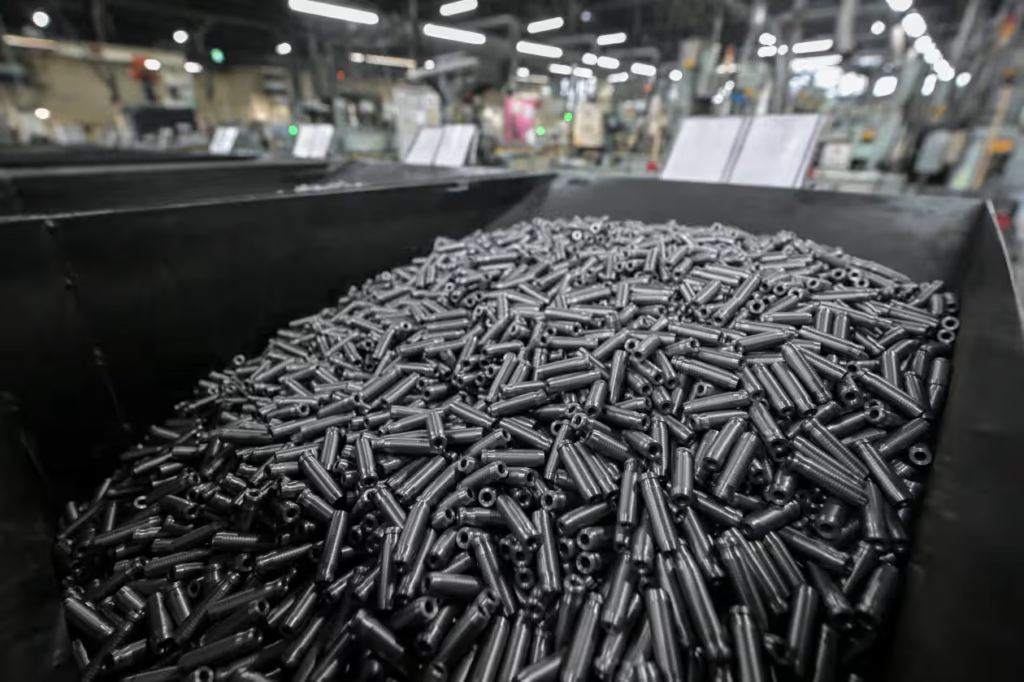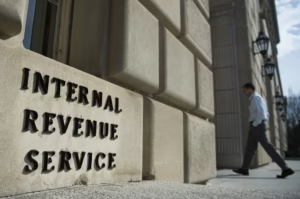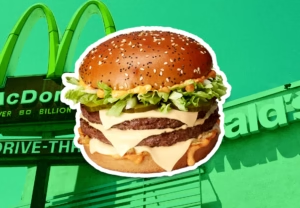One research center is providing estimates on the implications of President Donald Trump’s new import taxes for automakers as American consumers and businesses attempt to understand the impact of his tariffs.
Although Trump partially backed down this week by imposing a 90-day 10% tariff on the majority of goods from foreign nations, instead of continuing with the higher global levies that were implemented on April 2, his retreat did not alter his auto tariffs or other sector-based policies.
According to an executive order, a 25% tariff on a variety of imported vehicle parts is scheduled to take effect “no later than May 3,” and the Trump administration has been collecting a 25% tax on any car that is not constructed in the United States since last week.
What does that signify for the Big Three automakers in Detroit, then?
According to a Center for Automotive Research report, the average tariff cost for each car built in the United States for General Motors Co. (GM), Ford Motor Co. (F), and Jeep parent Stellantis (STLA) is $4,911 because of their reliance on imported parts. According to the authors of the report, “no vehicles are built with 100% U.S. domestic content.” The proposed 25% tax on parts for the Big Three would cost $22.5 billion in total.
Furthermore, according to the survey, the three businesses must pay an average of $8,641 in tariffs for every imported car. The Big Three cars that haven’t been built in the United States are the Lincoln Nautilus, the Jeep Compass, the Ford Maverick, the Ford Mustang Mach-E, the Chrysler Pacifica, and the Chevy Blazer. For GM, Ford, and Stellantis, the proposed 25% import tax on completed automobiles would come to a total cost of $19.2 billion.
The Center for Automotive Research estimates that Trump’s additional auto tariffs will cost the Big Three $41.7 billion on top of their current costs. According to the center, the whole U.S. auto sector, which includes all automakers and their suppliers, is expected to incur an additional $107.7 billion in costs. According to the researchers, their estimations are “likely understated because of cross-border trade activity,” which is “common for parts but difficult to estimate on a case-by-case basis.”
The center stated that the higher expenses “will likely be distributed across the broader automotive ecosystem – including suppliers, distribution channels, and ultimately the end user: the consumer or customer.”
The American Automotive Policy Council, a lobbying organization for the Big Three, commissioned the study, which was carried out independently and only represents the opinions of the Center for Automotive Research, a nonprofit organization with headquarters in Ann Arbor, Michigan.
One organization that has voiced support for Trump’s car tariffs is the United car Workers.
In a statement last month, UAW President Shawn Fain said, “We applaud the Trump administration for stepping up to end the free-trade disaster that has devastated working-class communities for decades.” “These tariffs are a major step in the right direction for autoworkers and blue-collar communities across the country, and it is now on the automakers, from the Big Three to Volkswagen (XE:VOW) (XE:VOW3) and beyond, to bring back good union jobs to the U.S.”





